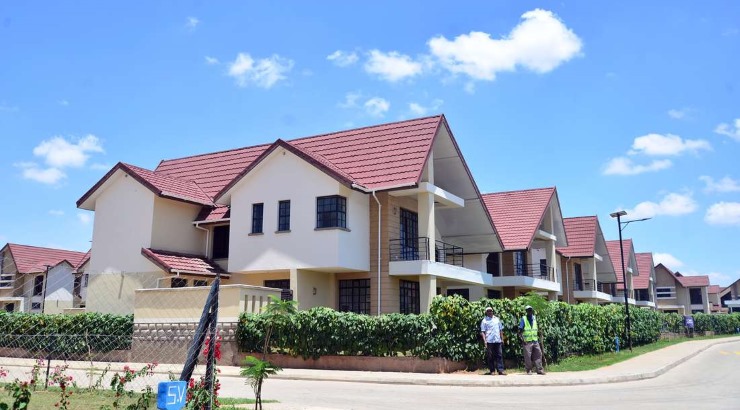Industry News
Housing Bubble Fears Misplaced, Says CBK
Most Kenyans acquiring houses are not doing so for speculative intentions.

Central Bank governor Njuguna Ndung’u has dismissed fears of a housing bubble in Kenya, saying the rising house prices have been occasioned by constrained supply.
Prof Ndung’u said the concerns of a real estate bubble may be displaced because a large number of Kenyans acquiring houses are not doing so for speculative intentions.
“The middle-aged group is not buying housing units in urban areas to resell. They buy to generate income and bequeath them as inheritance,” Prof Ndung’u told the Kenya Bankers Association research conference last month.
A steep rise in demand for houses across the country has been fuelling fears that the housing market could soon become overheated.
With annual housing demand standing at 200,000 units against a supply of 50,000 units, the number of people looking to buy or rent houses far outweighs the number of available units – and this hot competition is what is driving up house prices.
The housing deficit, estimated to be more than two million units, is exacerbated by the rapid depletion of land resources, which has seen prices increase tenfold over the past decade.
This calls for the adoption of a high-density approach and a bigger plot ratio among property developers to optimize available land.
High density projects such as apartments mean developers can offload more housing units on the same pieces of land.
RELATED: Kenya to Set Up Low-Cost Housing Centres
According to Mouhamadou Gueye, a director of pan-African housing financier Shelter Afrique, builders should consider putting up between 100 and 150 units per hectare to accommodate more households.
“We should be considering an average of 100 to 150 units per hectare (2.5 acres) so that more families can fit in less space,” Mr Gueye said.
The low-cost housing market segment is particularly facing a huge deficit as many developers have for the past decade shunned the market based on profitability.
This is, however, likely to change soon following the government’s recent announcement that it will establish low-cost building technology centres across Kenya as it seeks to promote affordable housing in the country.
Low-cost building technologies such as expanded polystyrene technology (EPS), plastic panels, and interlocking blocks could also help boost the supply of new houses in the coming months.














